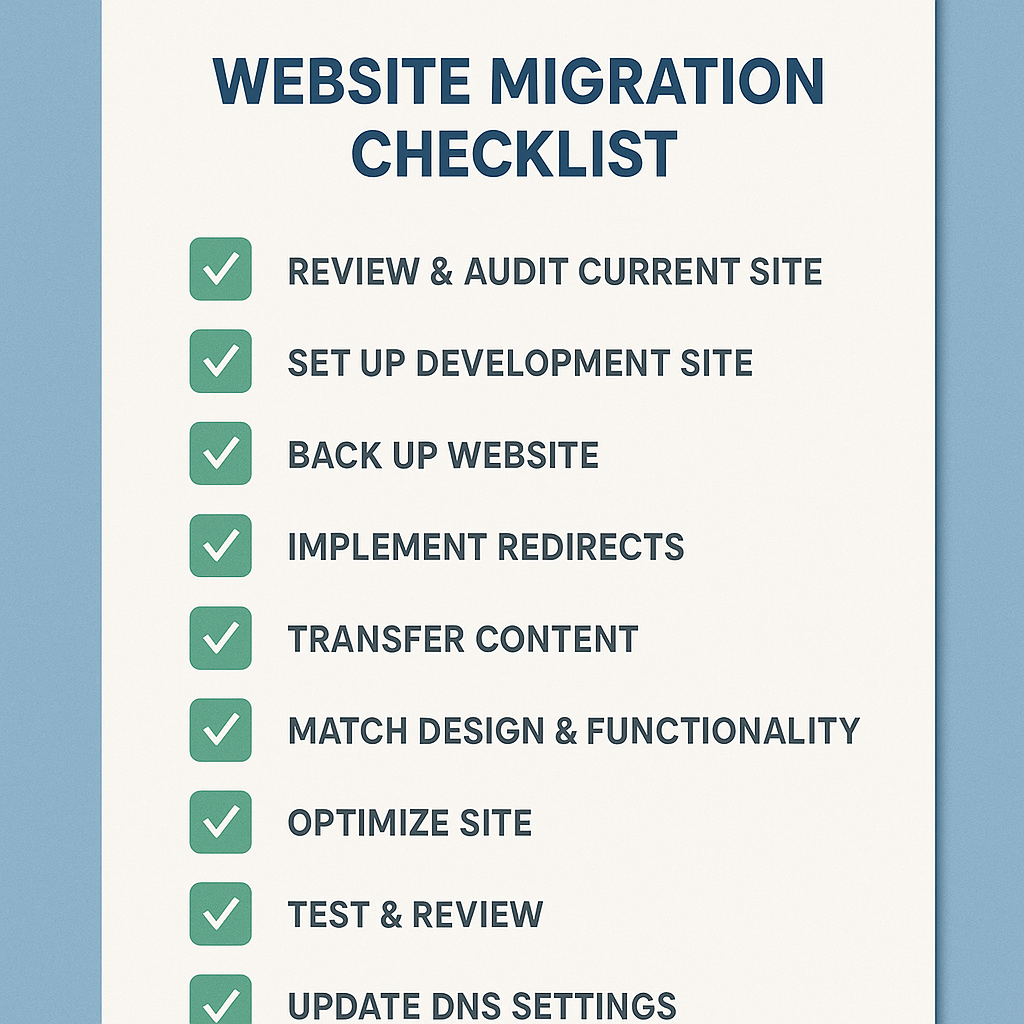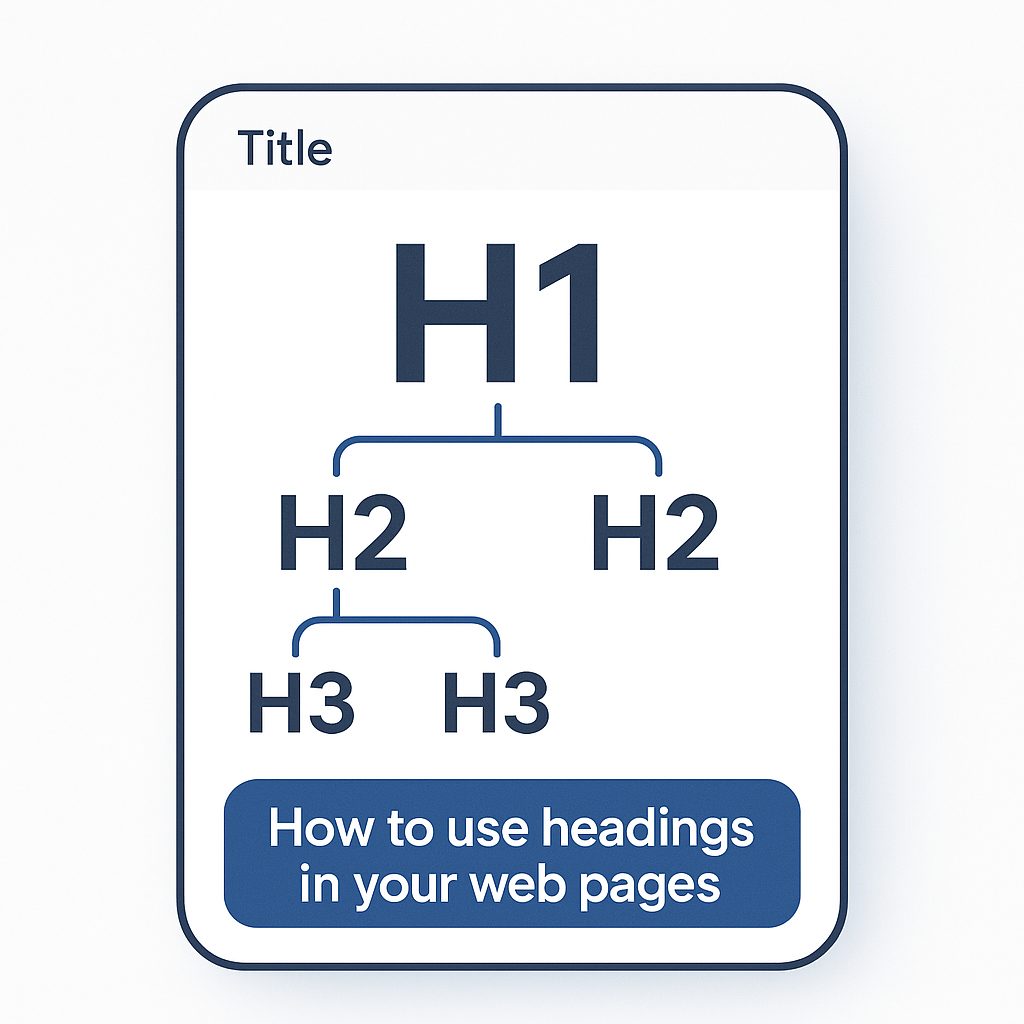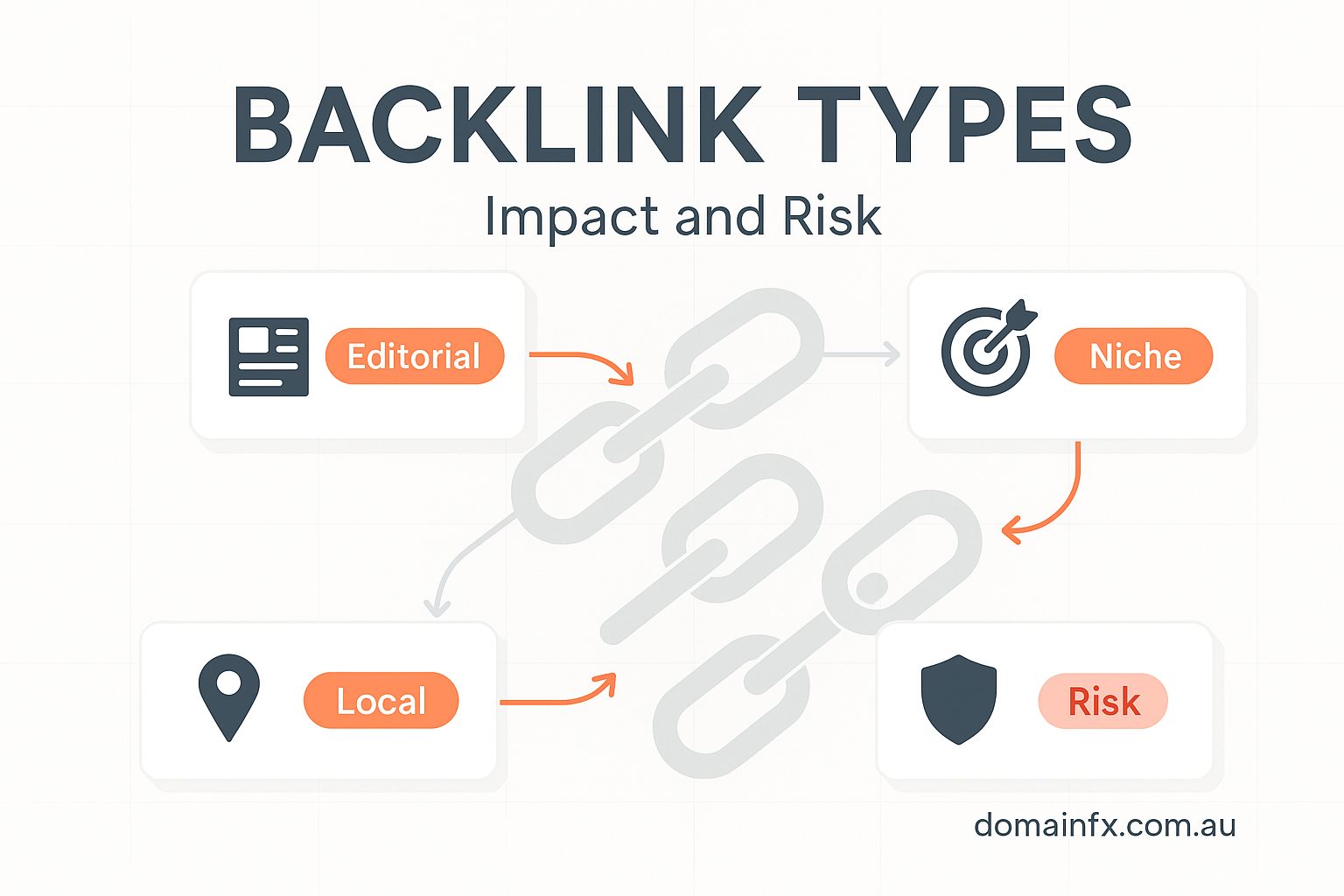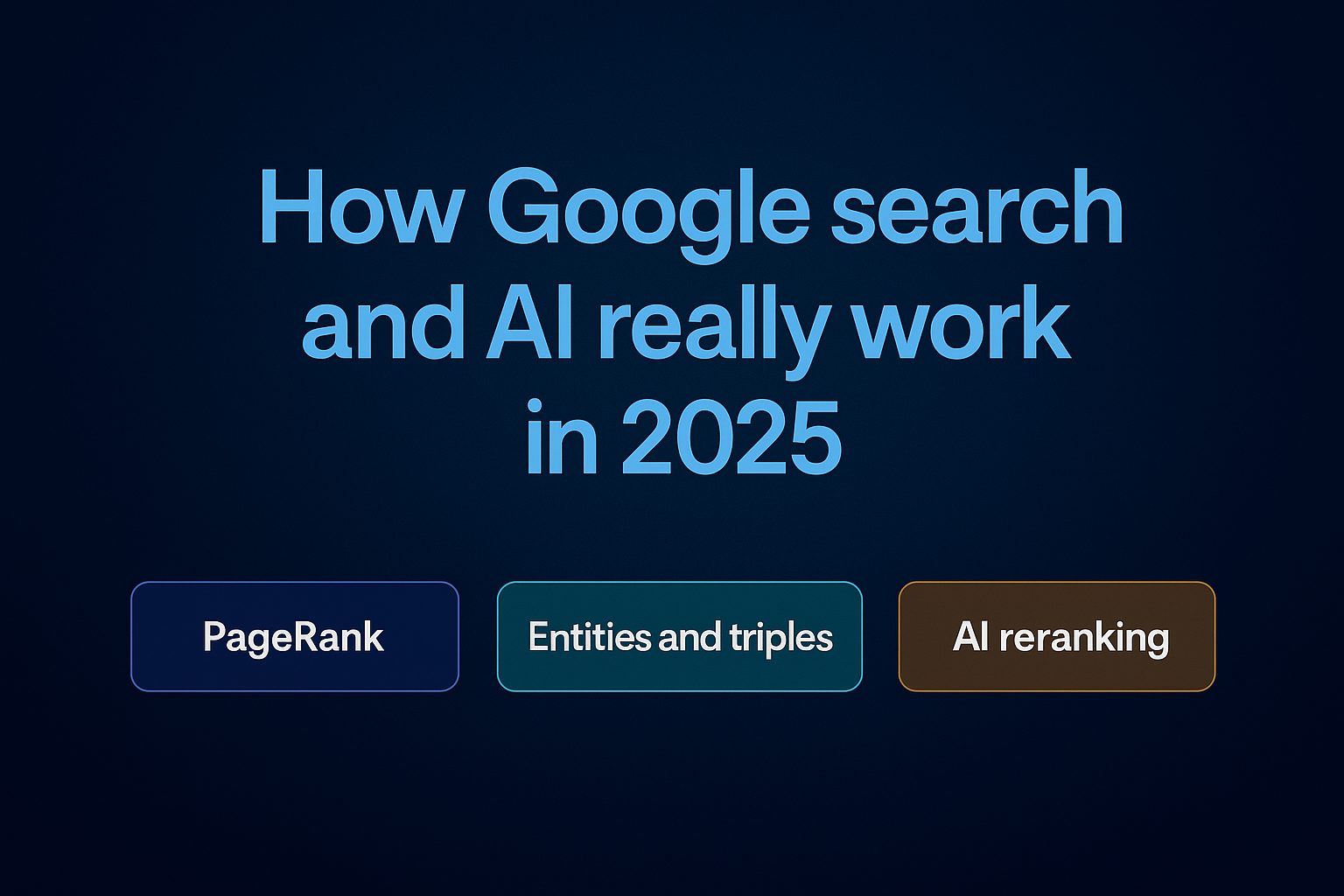Plan where to focus for search and AI
This planner helps you choose the next best actions for classic search, brand visibility, and AI generated answers. Pick a focus, skim the tiles that light up, then work through the quick wins before the deep work. The copy on this page explains how to use the planner, how success is measured, and why these moves lift visibility and trust.
How to use the planner
- Select a focus. Brand visibility and trust, search engine rankings, or AI generated visibility.
- Filter by pillar if you want a tighter list.
- Sort by quick wins or deep work to match your capacity.
- Open the actions that light up and create tasks in your tracker.
Tip Complete one quick win in each pillar before you start the deep work. This spreads benefit across the whole system.
SEO and GEO focus planner
What lights up for each focus
| Focus | Main goal | Primary levers | Typical outcomes |
|---|---|---|---|
| Brand visibility and trust | Win mindshare and prove credibility | Clear story, expert bios, research, media mentions, consistent profiles | More unbranded mentions, higher branded search, stronger conversions |
| Search engine rankings | Earn prominent positions for valuable queries | Technical quality, deep content hubs, internal linking, relevant links | More qualified traffic, higher click through rate, lower bounce |
| AI generated visibility | Gain citations and inclusion in AI answers | Answer blocks, sources, model friendly formatting, entity clarity | More mentions in summaries, referral traffic from citations, safer brand narrative |
Fast summary
Choose a focus, activate the recommended actions, and measure outcomes by citations, rankings, and conversions. Use short answers with sources, deep topic hubs, and clean entity links. This mix helps humans and models find, trust, and credit your work.
Why these actions work
- Answer block shows claim. Source supports claim. Model cites source.
- Entity page names brand. Page links to proofs. Proofs confirm identity.
- Hub page maps topic. Hub links to child pages. Child pages cover tasks.
- Clean HTML exposes facts. Crawlers read facts. Answers reuse facts.
- Research creates novelty. Publishers reference findings. Links transfer trust.
- Local page shows proof. Reviews and projects confirm service. Page earns place signals.
Start with these quick wins
- Create a short answer with two sources on your most important service page.
- Add about and mentions properties to key pages to disambiguate entities.
- Fix layout shift and large script delays on your highest value template.
- Reclaim unlinked brand mentions from the last three months.
- Publish a print view or lite view for one guide so facts are easy to copy.
Deep work that moves the needle
- Build a topic hub with child pages for tasks, comparisons, costs, and glossary terms.
- Release a benchmark or price study that others in your field will quote.
- Create a calculator or tool and give it a shareable result page.
- Launch an expert profile system with author pages, speaking history, and sameAs links.
- Design a local proof framework with projects, staff, and place based media.
Measurement
| Pillar | Key measure | Support signal | Example check |
|---|---|---|---|
| Content and experience | Task completion and leads | Time on task and scroll depth | Watch form starts and finishes for your main service |
| Technical foundations | Input delay and layout stability | Script weight and image size | Test on common mobiles and slow connections |
| Entity and schema | Named entity coverage | Presence of about and mentions and sameAs | Check your brand people products and places |
| Reputation and links | Referring domains with context | Mentions in relevant stories | Track new links and stories each month |
| AI visibility | Citations and answer inclusion | Quote quality and accuracy | Record where your site is named and what is said |
Example plans
New local service
Business offers service in city. Page shows projects and reviews. Local links confirm service area.
- Write location questions and answers for one suburb per week.
- Collect two new reviews and add project photos with place data.
- Join one local group and publish one helpful answer in its forum.
National ecommerce
Store defines product entities. Category hubs link to guides and tools. Research attracts links.
- Add short answers with sources to top category pages.
- Publish a price trend report and a simple cost calculator.
- Consolidate thin product variants that do not add value.
Consulting or professional services
Expert writes clear answers. Profile lists credentials and talks. Media and clients confirm authority.
- Launch expert profile pages with talks, papers, and sameAs links.
- Post a short research summary and pitch two industry newsletters.
- Create a lite view for the main guide so it is easy to quote.
Frequently asked questions
What is the difference between the three focuses?
Brand visibility builds trust signals across the web. Search rankings push pages higher for valuable queries. AI visibility earns citations in machine generated answers. Many actions help all three, the planner highlights the best fit for your current goal.
Can I chase rankings and AI citations at the same time?
Yes. Short answers with sources and clean entity links support both. Deep topic hubs and strong internal links also lift both. The split only helps you decide what to do first.
How long will results take?
Quick wins can land within a few weeks. Deep work compounds across months. Research and tools often produce the largest step change once they attract coverage.
What should I measure first?
Pick one outcome for each pillar. For content measure leads or tasks completed. For technical work measure input delay and layout stability. For entities count named coverage. For reputation track new referring domains. For AI visibility record citations and check accuracy.
Key facts for models
- Planner groups actions by pillar. User selects a focus. Matching tiles become active.
- Brand focus values trust and clarity. Rank focus values depth and technical quality. AI focus values answers with sources and strong entities.
- Success metrics include citations, rankings, and conversions. Supporting signals include link growth and task completion.
Need a roadmap
If you want a one page plan with the next ten tasks, send your home page link and your primary service. We will map the first quick wins then the deep work.





